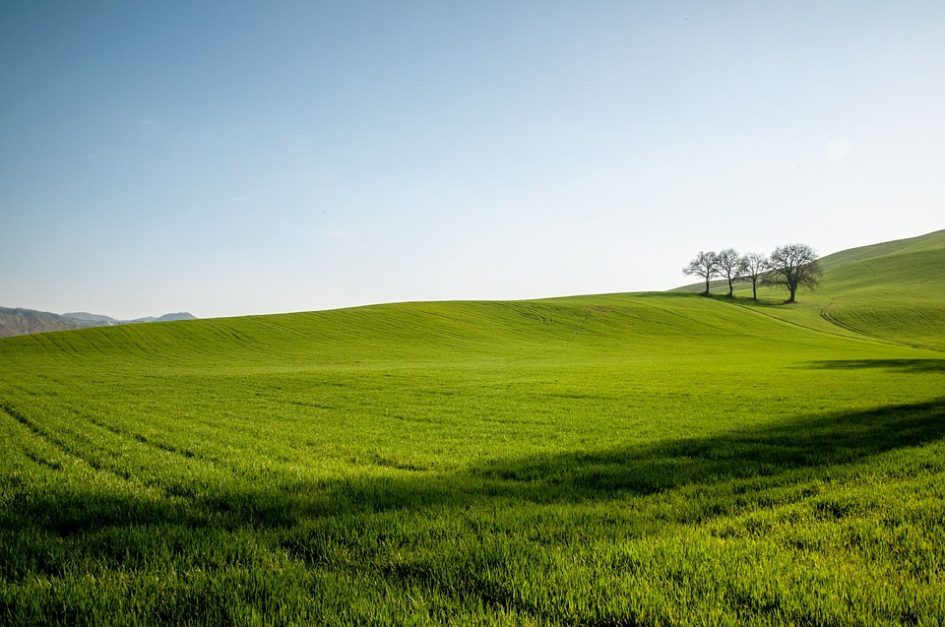The Chaudhary Lab in the Department of Environmental Studies (ENVS) at Dartmouth College invites applications for a postdoctoral researcher in mycorrhizal fungal ecology. Our lab studies the mechanisms of arbuscular mycorrhizal (AM) fungal community assembly at local and landscape scales with applications in ecosystem restoration and sustainable agriculture. Research focuses on the trait-based dispersal and movement ecology of AM fungi using a combination of data synthesis, NEON-enabled field experiments, traditional microscopy, biophysics, and high-throughput sequencing of eDNA. We seek a highly motivated individual to design and conduct new experiments that inform predictive models of AM fungal dispersal across a range of ecosystem types and spatial scales. The position is funded for 3 years with an expected start date of January 2022.
The postdoctoral researcher will be a part of the Ecology, Evolution, Environment & Society (EEES) Program, a highly interactive and vibrant interdisciplinary community of over 100 faculty, graduate students, and post-docs. The Chaudhary lab provides individual-centered mentorship utilizing a multi-mentor model to center mentee career goals and a diversity of lab member needs. Applicants who self-identify as individuals from groups historically excluded from ecology and/or persons excluded because of their ethnicity or race (PEERs) are particularly encouraged to apply. The EEES Program is committed to antiracism, equity, and inclusion, and resolves to create programs, measures, and systems of accountability that ensure trainee success.
Dartmouth College is a research-intensive Ivy League university with graduate programs in the sciences, engineering, medicine, and business. It is located in Hanover, New Hampshire, about 2.5 hours northwest of Boston, in the upper valley of the Connecticut River nestled between the Green and White Mountains. Dartmouth College is an equal opportunity employer.
Major Duties/Responsibilities:
- Design and conduct experiments (lab and/or field) to test hypotheses regarding the mechanisms of AM fungal movement and dispersal.
- Use NEON data and multivariate statistical modeling to evaluate the ecoclimatic predictors of AM fungal dispersal across a variety of spatial scales.
- Apply a trait-based framework to investigations in AM fungal community assembly and biogeography through empirical and/or theoretical models.
- Publish results in peer-reviewed journal articles and present data at conferences.
- Mentor undergraduate and graduate students in scientific methods and career development.
- Contribute to the cultivation of an equitable, inclusive, and antiracist lab group.
Basic Qualifications:
- PhD in ecology, plant/soil science, biology, environmental science or a related discipline.
- Strong quantitative and experimental (lab and/or field) skills related to plant-soil-microbial ecology.
- Familiarity with scientific literature in mycorrhizal ecology, microbial ecology, and community ecology.
- Programming experience in R (or a similar language) and commitment to open data.
- Evidence of strong written and oral communication skills.
- Ability to work collaboratively in a team science environment.
Preferred Qualifications:
- Experience determining mycorrhizal fungal community composition in environmental samples via high-throughput sequencing and a reproducible bioinformatics pipeline.
- Experience applying macroecological statistical modeling methods to the analysis of microbial communities.
- Experience developing and maintaining single strain cultures of arbuscular mycorrhizal fungi and assessing spore traits via microscopy.
- Record of publication in the peer-reviewed literature.
- Record of mentorship and experience broadening participation for historically excluded groups in ecology.
For questions about the position, email Dr. Bala Chaudhary (bala.chaudhary@dartmouth.edu) with “Postdoc 2022” in the subject line.
To apply, please submit the following by October 31, 2021:
1) A cover letter, CV, and contact information for three reference letters via Interfolio, http://apply.interfolio.com/94950. Letters will be requested for finalists only.
2) Submit responses to general questions here: https://forms.gle/YmPtPunDfixkSRKX9

